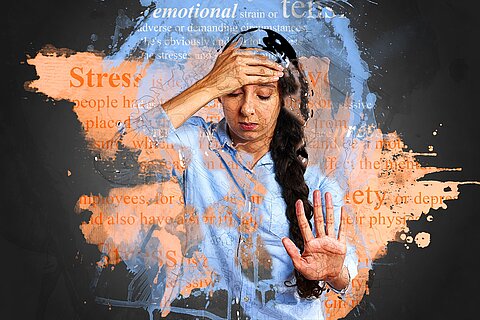During your work at the UMC, you may be confronted with impactful events, which unfortunately cannot always be prevented. What is drastic for one healthcare professional may not be so for another. The accumulation of several events can also be experienced as drastic. A major event can be both directly and indirectly poignant: you can experience an event as drastic without being directly involved in it yourself. Or now experience an event as drastic, while you previously did not experience it as drastic. The degree of resilience and vulnerability plays a role in major events and the possible development of stress-related complaints and depends on a number of factors in both work and private life. Major events at work are understood to mean:
- Undesirable behaviour: such as bullying, sexual harassment, discrimination, threats, exclusion, aggression and violence (verbal or physical), both by (relatives of) patients (externally) and colleagues (internally), and undesirable behaviour in (social) media.
- Exposure to chemical, biological, radiological and/or nuclear (CBRN) substances.
- Patient safety incidents, emergencies, or complications.
- Events surrounding the care of patients with a major emotional impact, such as regularly experiencing deaths, unexpected deaths, suffering or the death of a young person.
- Complaints filed against the healthcare professional (justified or not) and (possibly) disciplinary cases.
- Sudden change in working conditions (e.g. due to a pandemic or a disaster) leading to, for example, persistent high work and regulatory pressure.
It is important that you know how to act in the event of major events. On this website you will find what you can do yourself to prevent major events and how you can deal with them. You can also read how your occupational health and safety advisor (e.g. company social work, A&O or company doctor), the umcs and the government support you in this.

